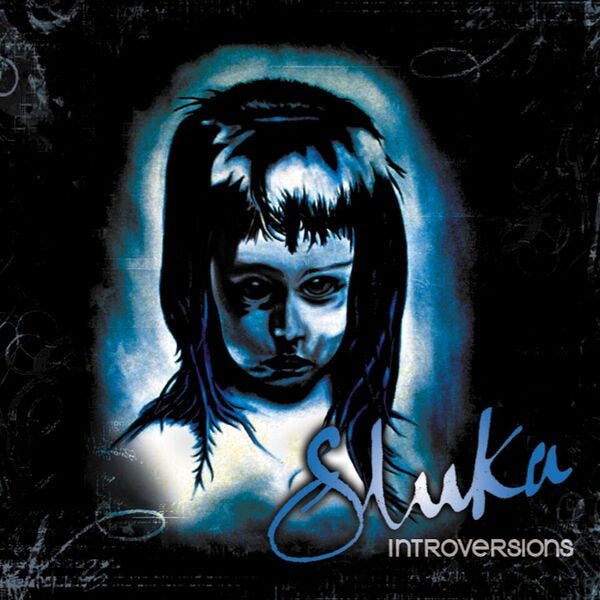
It's been my feeling that poets express their contempt of poetry by continuing to write poems about poetry. This isn't the garden variety poetaster at an open reading who furiously scribbles breathless, broken-lined manifestos about the responsibilities and burden of being a poet in a blind and cruel world; this is poetry as Priesthood, a habit of thinking many who have lapsed from their own religions and seek to imprint their inadequate sense of how the universe functions behind the veil on the entirety of poetry itself. Those blessed (and burdened) with the gift of seeing things as they really are become the cliche's greatest promoter. There is no ridding the world of these good folks.It's the serious poets, the ones with books and reviews of their work, who work teaching poetry survey courses and conduct workshops.
During my time as member of Slate's belated Poems Fray discussion board, where a good many bright discussants would parse, yay or nay, poetry editor Robert Pinsky's choice for Slate's Poem of the week, I noticed a rash of poems that could not back away from the urge to invoke of some sort; the rationalizations in the critical jargon was rich and insightful in how many of us argue for something without telling anyone how any of it is any good for us, but it never seemed to me to be more than a go-to move for a poet who is stumped at any ironic turning point.
A poet begins the poem talking about being a poet wrestling with reality by poetic means and at the end of linking associations, one after the other, in that essaying forth of getting a peek beyond the mere appearances of the world, some goes awry in the speculation and dreamy thinking that contradicts everything and lo!, the poet finds out that he or she has been relying upon a literary form that will not reveal the thing-ness of things no matter how effervescent the poetry is. We cannot escape the prison house of language, the poet finds, the music swells, the sun sets on the poet as he or she grows cold and melancholy in their realization that their craft is useless for anything other than reminding themselves that the senses are fallible. The end.
Every defense has been given within the confines of the poem itself, not in any discussion happening in the room, at a table, filled with people who’ve read and seek to discover what is they felt, what they thought, what the thought about how they felt. The written is written to short circuit our emotional with the verses that have been read—our discussions are guided along a primrose path and little spontaneity of response, no honestly felt and strongly argued exclamation of “this sucks phallic verbs “. What it all means not longer matters, not on a group level, not as a pastiche of responses culled from a brainstorming of interpretations, not from a sudden image of a time formerly locked away in the deeper recesses of memory that now emerges again to haunt you and further stain your expectations of some kind of renewal through right living and solemn vows. Worse, we discover that may none of it mattered anyway.
Many stanzas, rhymed, unrhymed, irregular, evocative and vague, have changed nothing in the world. What it has done is make being alive in those naked minutes when dread and fuck off panic nearly overwhelms you. Poetry, the art of the allusive line and image that seem to be about something,makes being in this cold light of fear bearable for another minute,another hour, until the fear slumbers again and you are something like sane again, smiling, eager for breakfast and a walk in the sun, or at least a couple of long distance phone calls.



